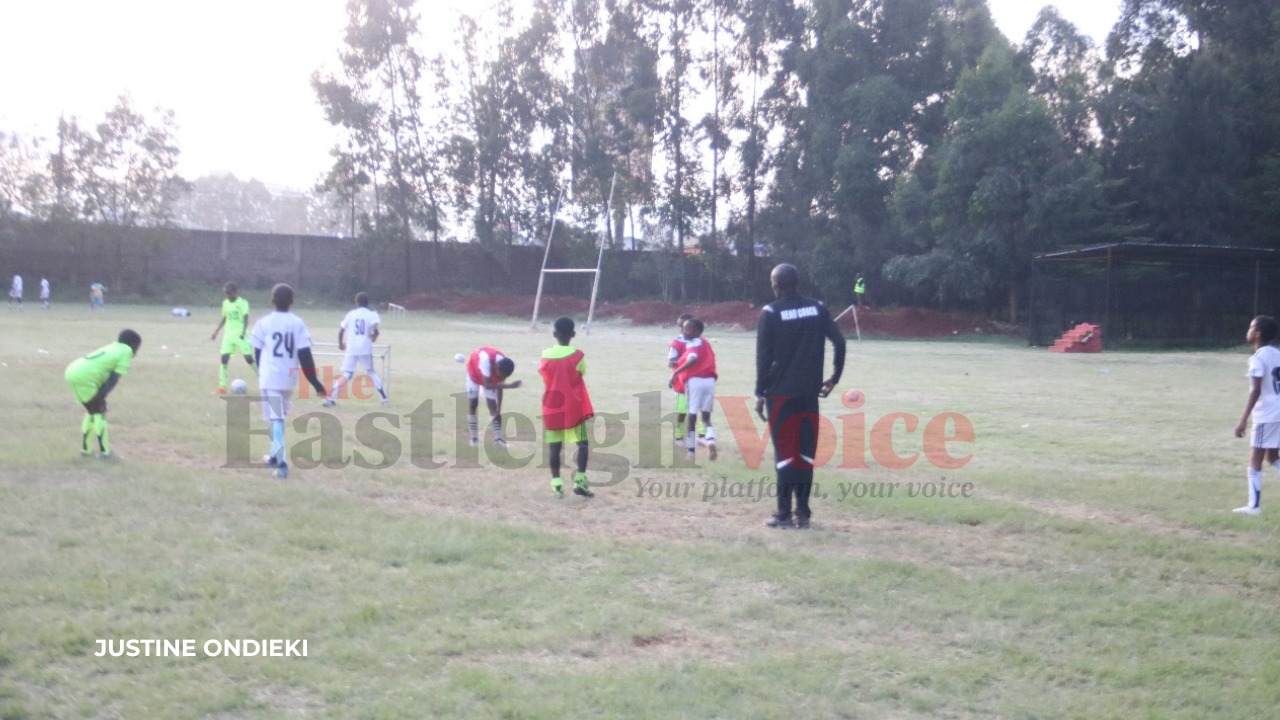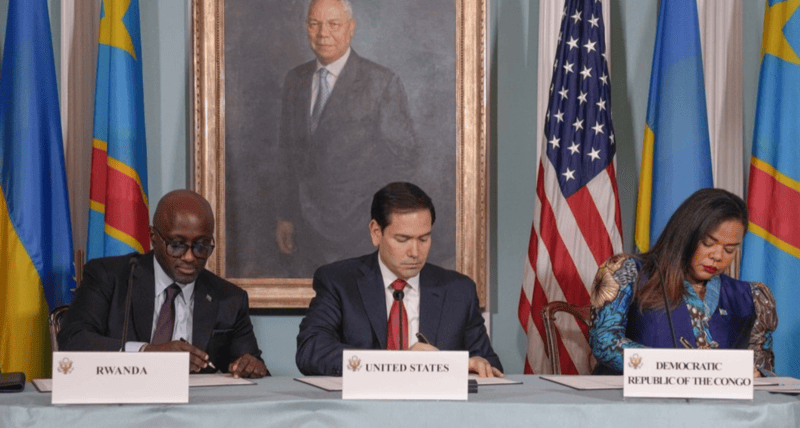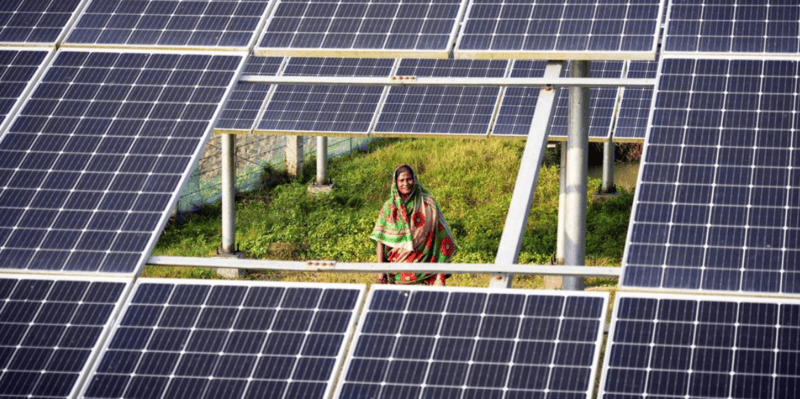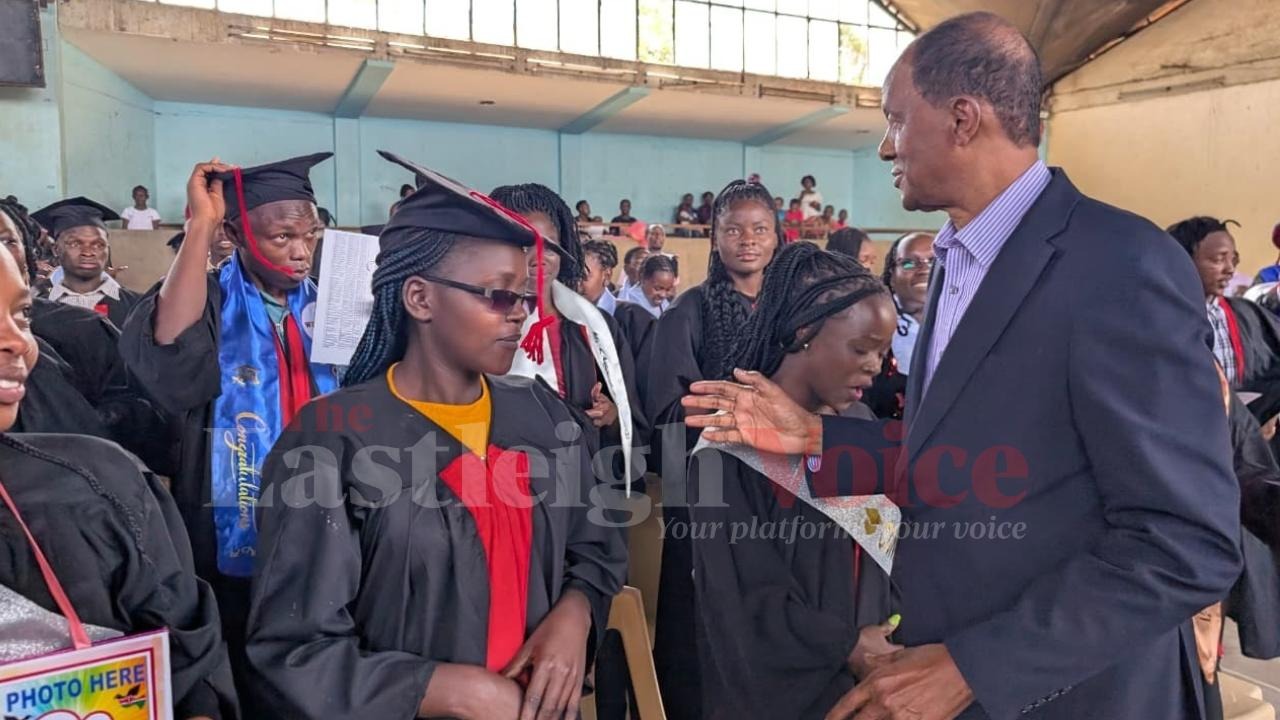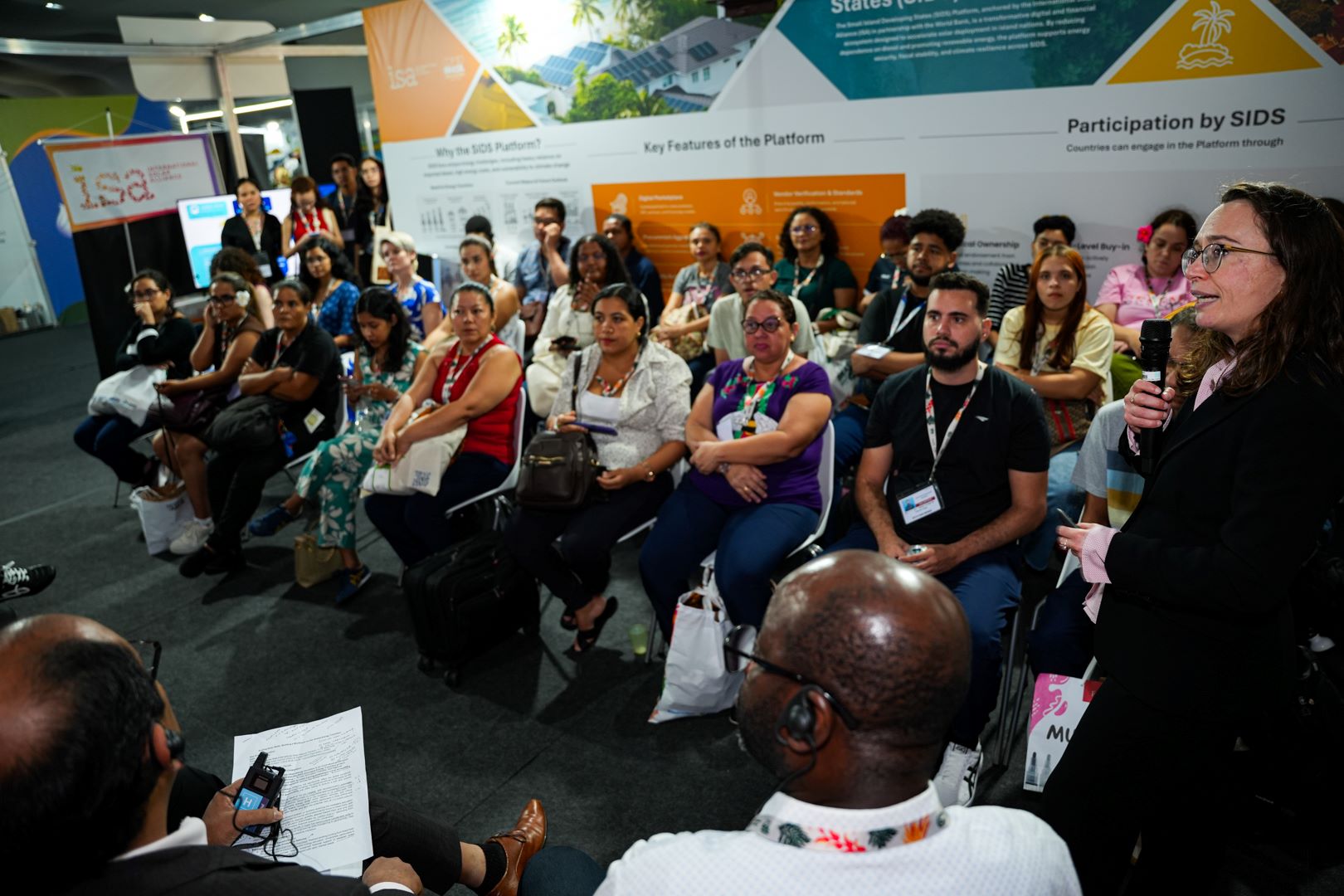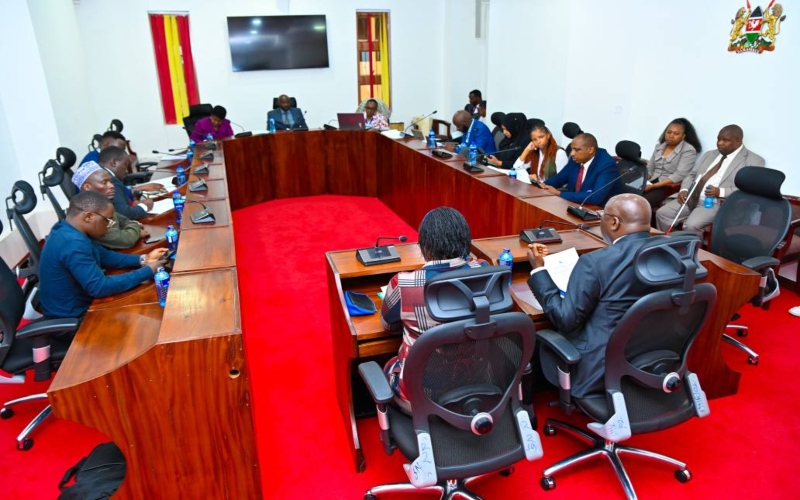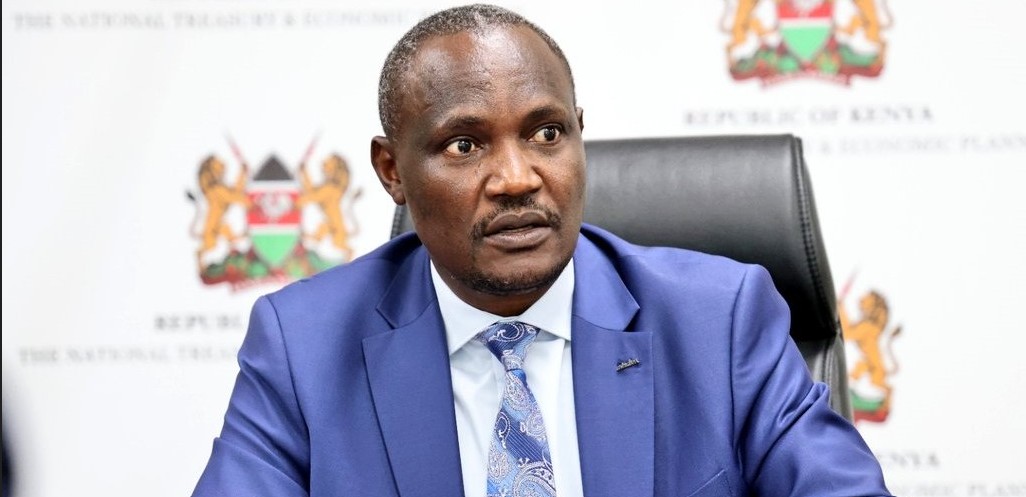Kenya reports progress in HPV vaccination, still short of WHO target
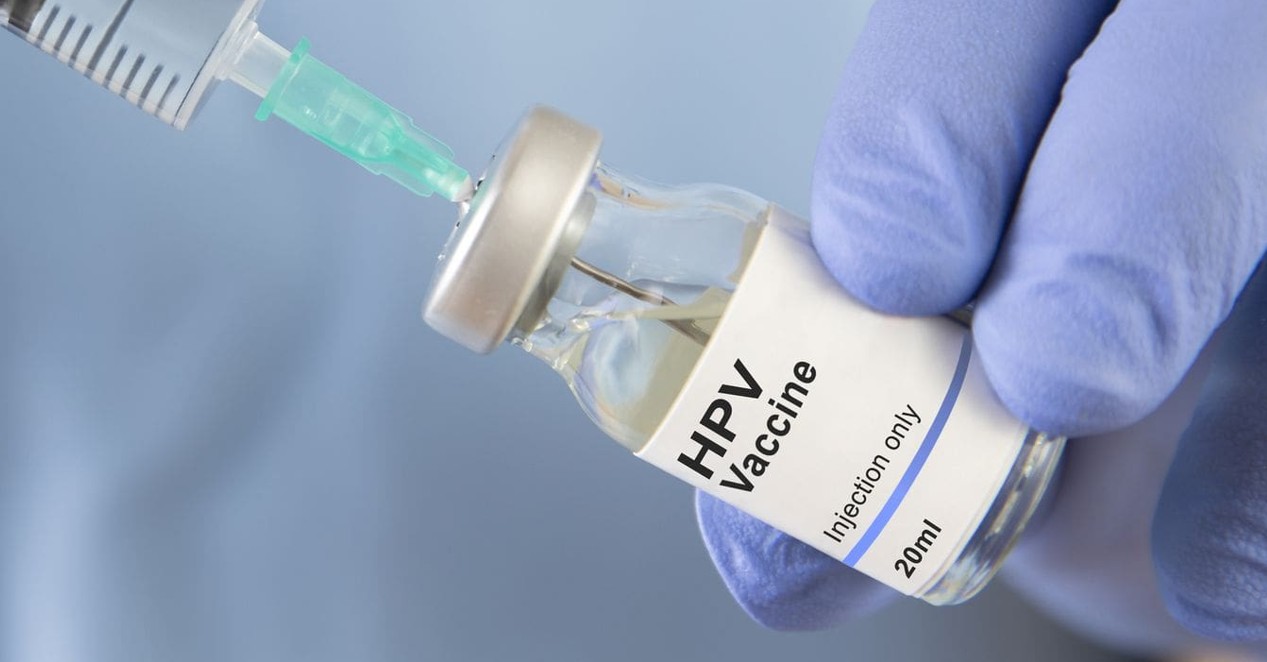
Gavi, the global alliance that supports vaccination in developing countries, says its HPV programme has reached an estimated 86 million girls, helping prevent over a million deaths in the future.
A growing number of teenage girls in Kenya are now shielded against cervical cancer, following an increase in the use of the HPV vaccine across the country.
The Ministry of Health reports that in 2024, 79 per cent of girls aged 10–14 years received the vaccine, showing progress compared to previous years. However, this still falls short of the World Health Organisation’s target of 90 per cent.
More To Read
- 10 runners race up Mt Kenya in 10 hours to honour women lost to cervical cancer
- Kamukunji rallies against vaccine myths as leaders take immunisation door-to-door
- Cervical cancer screening in Kenya alarmingly low with only 1 in 4 women tested
- Kamukunji’s Kinyago Kanuku hosts groundbreaking breast and cervical cancer screening
- HPV blood test shows promise for early detection of multiple cancers, study finds
- How Kenya's adoption of single-dose HPV vaccine could boost fight against cervical cancer
Gavi, the global alliance that supports vaccination in developing countries, says its HPV programme has reached an estimated 86 million girls, helping prevent over a million deaths in the future.
“In 2023, Gavi, in partnership with countries across the world, launched an ambitious campaign to protect 86 million girls against the primary cause of cervical cancer and prevent more than a million deaths. Thanks to incredible commitment from countries, partners, civil society and communities, we have now reached that target ahead of schedule,” said Gavi chief executive officer Dr Sania Nishtar.
Re-launched in 2023, Gavi’s revitalised HPV programme is now estimated to have averted 1.4 million deaths.
By the close of 2025, the vaccine is expected to be available in countries responsible for 89 per cent of global cervical cancer cases.
Cervical cancer continues to hit women in low-income nations hardest, where access to screening and treatment is often limited.
According to Gavi, these nations accounted for 90 per cent of the 350,000 cervical cancer deaths recorded worldwide in 2022.
The HPV vaccine, which targets the human papillomavirus, the main cause of the disease, is highly effective, preventing roughly 17.4 deaths for every 1,000 children vaccinated.
Between 2014 and 2024, the HPV vaccination programme generated an estimated $2.32 billion in economic benefits across 43 supported countries.
Gavi’s efforts to make the vaccine affordable included negotiating lower prices, which now range between $2.90 and $5.18 per dose in supported nations, compared to around US$100 in other markets.
The alliance also worked with governments, communities, and manufacturers to ensure wider availability and effective delivery.
A significant boost came in 2022, when the WHO endorsed a single-dose schedule instead of two doses, enabling countries to protect more girls with the same vaccine supply.
In Kenya, cervical cancer remains the second most common cancer among women, with about 5,236 new cases and 3,211 deaths recorded annually.
Despite efforts to increase vaccination, uptake has faced challenges.
Data from the Ministry of Health show that while first-dose coverage reached 79 per cent by the end of 2024, only 38 per cent of girls received the second dose, highlighting a gap that still needs to be addressed.
Top Stories Today
